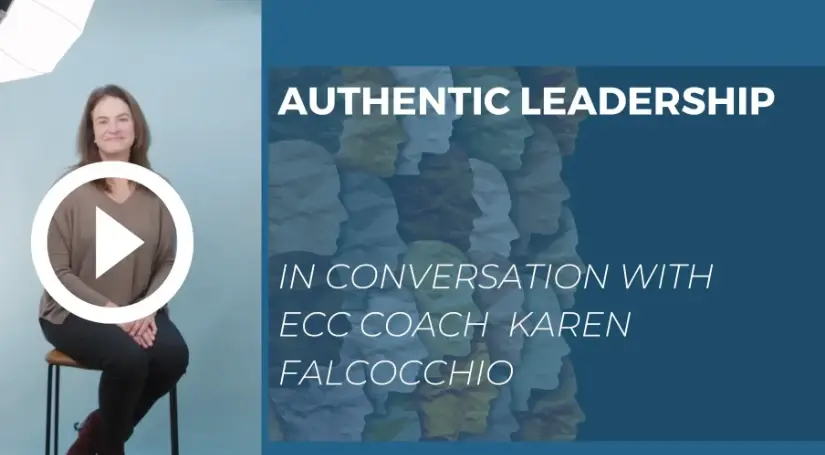The Executive Coaching Consultancy Joins the B Corp™ movement achieving B Corp™ status
We are excited to announce that we have officially joined the B-Corp™ movement and have achieved B Corp™ status. As one of the first independent...
Insights to help leaders and organisations thrive and drive growth & inclusion.
Geraldine Gallacher Keynote Speaker
Speaker, podcaster, author and master coach.
Our resource hub for working parents, carers and managers navigating work-life balance.
Real stories from leaders driving inclusion & equity in today’s shifting world.
Fortnightly insights on leadership, equity & the future of work. For senior leaders & curious thinkers.
A monthly digest of the shifts shaping how we lead and work.
2 min read
 Geraldine Gallacher | CEO
:
Jul 10, 2023 12:00:00 AM
Geraldine Gallacher | CEO
:
Jul 10, 2023 12:00:00 AM

We hear a lot about the importance of being authentic. What does being authentic mean to you? I used to think it was about acting in accordance with my “one true self”. And yet if I try to answer the question “Who am I?” I come up with multiple selves. I’m Scottish, I’m a coach, I’m a leader, I’m a mum, I’m a wife…and many more.
It’s quite limiting to imagine there’s a one true self. Far better to see ourselves as a work in progress, constantly evolving, learning and shaping our identity. When I became a mother just a year after I started ECC I had also started my first NED position. Suddenly I had these new facets of my persona to reconcile. How did I find my one true self when what was needed of me was so different from situation to situation? I think all of these experiences shaped my identity and were a part of me. A new part of me. I like Dan McAdams, a psychology professor’s definition of identity. It’s the “internalised and evolving story that results from a person’s selective appropriation of past, present and future”.
So how do we remain authentic when we’re constantly evolving? Karen, in this short video, gives some practical advice on how you reconcile what can sometimes be competing identities.
[ FULL VIDEO TRANSCRIPT ]
I think the thing about what we mean when we say, you know, find your authentic self as a leader and authenticity is something that is sort of thrown around a lot. Right? Share more of yourself.
I think what we know is that, you know, leaders, they connect with teams and with groups when people see them as not just these like kind of flat professional personas. And, and so often when I start working with someone, they will, they will talk about they’ve got a work self and they’ve got a home self.
And you know, as I said, I’m not saying bring your entire home self into work, but you’re so much more of an interesting person and personality and for yourself it takes a lot of energy to keep those things so separate, right?
So, so being able to blend them together and feel like you are your whole self, you know, at work and at home. You know, I, I hear a similar thing. Maybe another way of looking at it is, you know, working parents, mothers in particular who, when they’re not in the office, they feel like they should be behaving as if they’re stay at home parent, right?
There’s a reason that you’ve done this for so long and it makes you a better parent to bring that home and for your, for your family to see the joy that you have in the work that you do as opposed to apologising. Cause you have to go to the office today. And the parallel is true at work, right? For people at work to see the joy that you have in the family that you have and not apologising because you’ve got some boundaries that you have to put in place.

We are excited to announce that we have officially joined the B-Corp™ movement and have achieved B Corp™ status. As one of the first independent...

Discover how to choose the right executive coach training provider, what accreditation really means, and how to assess coaching practice,...

We are approaching that time of year when the gender pay gap between men and women is such, that women are effectively “working for free” till the...